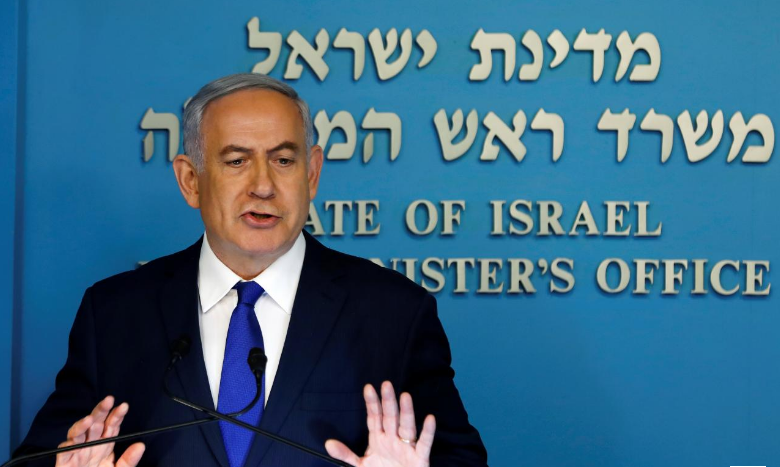The national assembly has approved N10.73 trillion as the federal government’s total estimated expenditure for 2020.
Both the senate and house of representatives approved the budget after considering the 2020-2020 medium-term expenditure framework (MTEF) report submitted by President Muhammadu Buhari.
The president had pegged the expenditure for 2020 at N10 trillion.
But while considering the reports of the respective committees on finance and appropriations, both legislative chambers approved an additional N729 billion for the expenditure.
They also approved N1.5 trillion as the amount for new borrowing in 2020. They said this is as a result of reduction of N200 billion which was sourced from the increase of revenue target of the Nigeria Custom Service.
Other resolutions passed by both chambers include:
- The adoption of 2.18 million barrels as daily production output in 2020 which the committee said was realisable “in view of concerted effort by NNPC and security agencies to combat the menaces of oil theft and vandalisation.”
- Debt Management office (DMO) should put more efforts and strategies in managing the foreign and local debts.
- Total estimated expenditure of the federal government should be increased from N10.002 trillion to N10,729.4 trillion.
- The adoption of $57/barrel as crude oil benchmark price for the fiscal ear 2020.
- Increase of the revenue target of Nigeria Customs Service (NCS) for 2020 from N942.6 billion to N1.5 trillion.
- Use of N557.4 billion from the revenue increment of customs to reduce borrowing by N200 billion and increase capital expenditure. The committee said this would, in turn, decrease the size of the budget deficit from N1.7 trillion to N1.5 trillion and also increase the total capital available to MDAs by N357 billion, from N1.01 trillion to N1.367 trillion.
- The exchange rate of N305/$ should be maintained for economic stability.
- Earmarking 1% of the consolidated revenue fund to finance the basic healthcare provision fund to be classified as a statutory transfer.
The lawmakers also asked Zainab Ahmed, minister of finance, to improve the economic growth “by increasing the GDP and reducing the inflation rate to single digit.”












